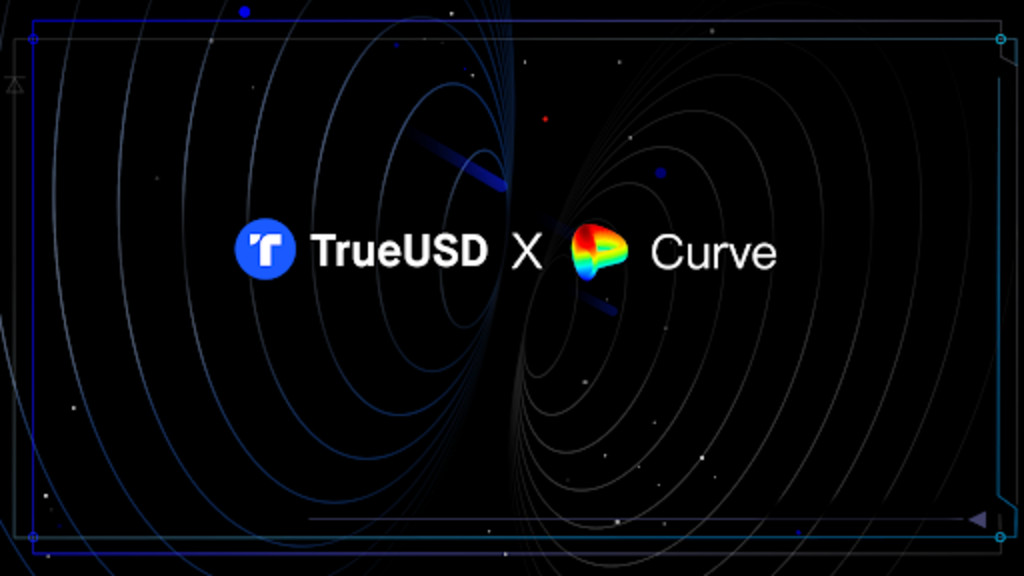
This post was originally published on cryptonewsfarm.com
Artificial intelligence (AI) company OpenAI is making its popular ChatGPT tool more accessible for universities and non-profit organizations. This move aims to empower these institutions with advanced AI capabilities for research, education, and social good.
OpenAI launched “ChatGPT Edu,” a special version designed specifically for universities. This version prioritizes security and affordability for educational institutions. Students, faculty, and researchers can all utilize ChatGPT Edu for various purposes.
The blog post by OpenAI highlights several examples of how universities are already using ChatGPT. Some institutions mentioned include Oxford, Wharton, Columbia, and Arizona State. Researchers at Columbia are exploring ways to use ChatGPT to develop strategies that prevent drug overdoses. At Arizona State, a professor created a “GPT Buddy” using ChatGPT. This tool allows students to practice their German conversation skills independently.
“Integrating OpenAI’s technology into our educational framework accelerates innovation at ASU,” stated Kyle Bowen, Deputy CIO at Arizona State University. “We’re collaborating to harness these tools and establish a scalable model for other institutions.”
Supporting Nonprofits with Discounted Access
OpenAI also launched an initiative specifically for non-profit organizations. This program provides access to discounted rates and additional functionalities for ChatGPT.
Non-profits can now access the “ChatGPT Team” service at a reduced price of $20 per user per month. Larger non-profits with extensive deployment needs may even be eligible for a further 50% discount.
Both ChatGPT Edu and the non-profit program offer access to the most recent models, including GPT-4o. Users also gain access to features like image generation, collaborative workspaces, and customization options for GPT models.
OpenAI recently made its GPT-4o model available even for users on the free tier. This allows free users to perform various tasks, such as searching and loading custom GPT models, generating images (including charts and graphs), uploading files, and integrating web responses into their queries. However, creating custom GPTs and avoiding message limitations still require a paid subscription.
This move by OpenAI signifies a commitment to democratizing access to powerful AI tools. By making ChatGPT more accessible for universities and non-profits, OpenAI fosters innovation in research, education, and social impact initiatives.
Source Link
Author: Sb
ARK cuts Coinbase again with $22M sale as Bullish position grows
February 9, 2026
Comments are closed.
Bitcoin News
-
ARK cuts Coinbase again with $22M sale as Bullish position grows
February 9, 2026 -
JPMorgan Launches First Tokenized Money Market Fund on Ethereum
December 16, 2025
Most Viewed
-
ARK cuts Coinbase again with $22M sale as Bullish position grows
February 9, 2026 -
JPMorgan Launches First Tokenized Money Market Fund on Ethereum
December 16, 2025











